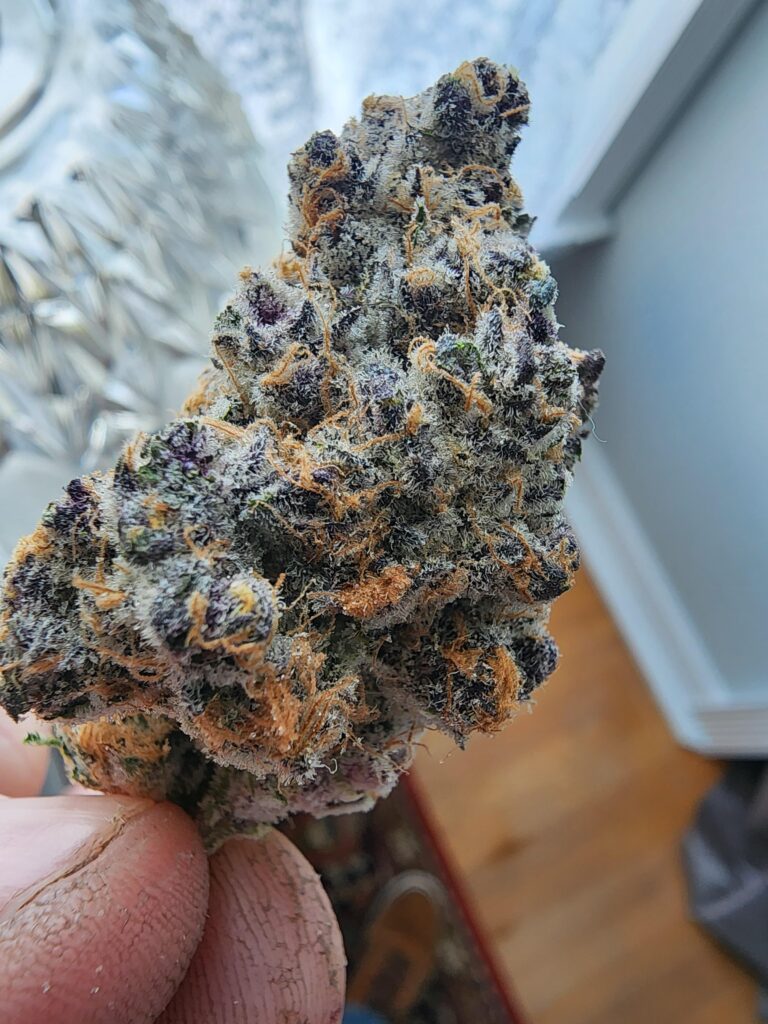Weeds in Kherson: Tackling the Growing Environmental Challenge

Kherson, a port city located in southern Ukraine, lies on the banks of the Dnieper River and has long been an important economic and cultural hub. The city is known for its agricultural landscape, rich history, and proximity to the Black Sea. However, like many urban centers, Kherson is now grappling with a less obvious but increasingly problematic issue: the spread of weeds. While often dismissed as simple nuisances, weeds are proving to be more disruptive than many realize. These resilient plants are impacting Kherson’s environment, public health, and even its economy. Understanding the causes, effects, and potential solutions to this problem is essential for preserving the city’s natural beauty and ensuring a healthier future for its residents.
The Rise of Weeds in Kherson
Kherson’s climate and geography create ideal conditions for a variety of plant species to thrive. The city enjoys a temperate continental climate with hot summers and mild winters, which encourages the growth of diverse vegetation. However, the rapid urbanization and agricultural activity in the region have disturbed natural ecosystems, making it easier for weeds to take root and spread.
Weeds such as dandelions, thistles, and ragweed (Ambrosia artemisiifolia) are commonly found throughout Kherson. These plants are not only hardy but also capable of growing in a variety of conditions, from roadsides to residential areas, and even along the Dnieper River. The presence of these weeds is especially evident in urban spaces where soil is disturbed by construction, gardening, and everyday human activity. With limited natural predators, these plants are thriving in the city, outcompeting native species and altering the natural landscape.
Environmental Impact
Weeds in Kherson pose significant environmental concerns, especially when it comes to biodiversity. As invasive species, these plants crowd out native vegetation that supports local ecosystems. Native plants are crucial for maintaining a balanced environment, as they provide food and shelter for local wildlife, such as insects, birds, and small mammals. When weeds take over, they replace these essential species, leading to a loss of biodiversity.
For example, ragweed is an especially problematic species in Kherson. It grows rapidly, and its pollen is a known allergen, causing health issues for many residents. In addition to its health impacts, ragweed’s spread reduces the availability of native plants, weakening the overall resilience of local ecosystems. When an area is dominated by weeds, the soil quality can degrade as well. Weeds like thistles and bindweed (Convolvulus arvensis) can alter the soil’s nutrient content, which makes it more difficult for other plants to survive.
In agricultural areas, where farming plays a key role in Kherson’s economy, weeds can be particularly destructive. Weeds compete with crops for essential resources like water, sunlight, and nutrients, leading to reduced crop yields. As a result, weeds not only threaten biodiversity but also affect the region’s economic stability and food security.
Health Concerns Linked to Weeds
The most concerning health risk posed by weeds in Kherson is the proliferation of ragweed. This plant produces large quantities of pollen, which can trigger severe allergic reactions in individuals sensitive to it.
For allergy sufferers, the presence of ragweed can lead to symptoms such as hay fever, asthma, and skin irritation.
Weeds can also create other health risks. For instance, overgrown vegetation can trap moisture, leading to the creation of stagnant water pools, which are ideal breeding grounds for mosquitoes.
Strategies for Managing Weeds in Kherson
This can be done through manual removal, mowing, or, in some cases, the use of herbicides.
However, the use of chemical herbicides is a contentious issue. While they may offer a quick solution, they can have negative environmental consequences, including the contamination of soil and water sources. As a result, there is growing interest in finding more sustainable alternatives for weed control in Kherson.
One eco-friendly solution gaining attention is the use of organic mulches and ground covers to suppress weed growth.
Another approach is to introduce more native plant species into urban spaces and agricultural areas. Native plants are better adapted to local soil conditions and climate, and they are less likely to become invasive.
Furthermore, educating residents and businesses about the importance of managing weeds on their properties is key to long-term success.
Looking to the Future
The spread of weeds in Kherson is a growing issue that requires continued attention and action.
By addressing this issue head-on, Kherson can ensure a cleaner, healthier, and more sustainable future for all its residents.
You’re the best when it comes to marijuana products , always taking care of me. Definitely recommending you to my friends. Thanks for the quick delivery .Really happy with the product .As usual, it’s top-notch. Keep it up you. you can contact them on email Scenthub43@gmail.com and also there Telegram : https://t.me/Scenthub43
wow Thanks for the referral they have great service and got the best weed around. and the delivery is so smooth.

Thanks for always being reliable! I can always count on you for good product.
You’re the go-to in the area for a reason. Always a smooth experience